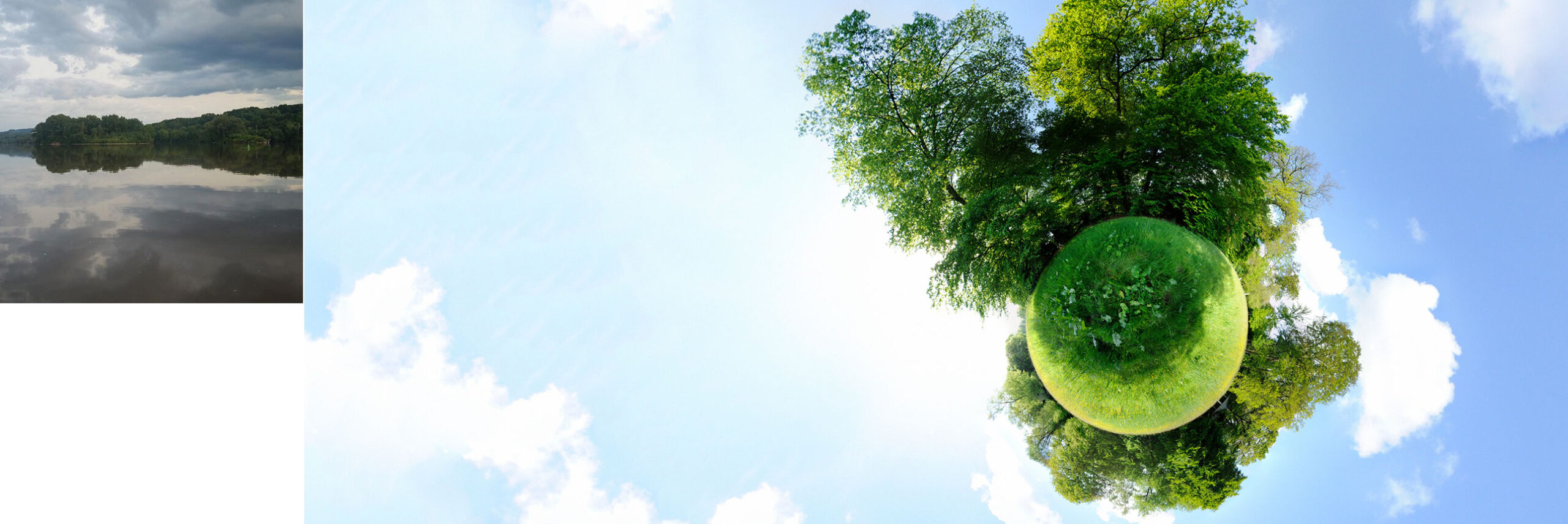
Vishwa Adluri + John Lipscomb + Ben Price
Do Rivers Have Rights?
Sunday, December 16, 2018
3:00 PM–4:30 PM
If a river had the same legal rights as a person, would we do a better job of protecting its ecosystem? And how might this legalistic approach intersect with traditional customs and rituals for sacred places?
Hindus believe life is incomplete without bathing in the Ganges at least once. While the river’s spiritual purity has remained unchallenged for millennia, its water is now physically impure with the pollution of human and industrial waste.
A court in Uttarakhand ruled that the Ganges and Yamuna rivers and their related ecosystems have “the status of a legal person, with all corresponding rights, duties, and liabilities”¦in order to preserve and conserve them.” Can the same claim be made for the Hudson or any ecosystem? And if so, what mechanisms can enforce these declarations?
Philosopher Vishwa Adluri meets with Riverkeeper’s John Lipscomb and environmental lawyer Ben Price to enlighten us on the issues at stake.
About the Speakers

Vishwa Adluri is a Professor in the Philosophy Department at Hunter College, New York, and an expert on the Sanskrit epic the MahÄbhÄrata. His work focuses on the reception of ancient thought—both Greek and Indian—in modernity. He is the author of Parmenides, Plato and Mortal Philosophy: Return from Transcendence (London, 2011), The Nay Science: A History of German Indology (New York, 2014), and Philology and Criticism: A Guide to MahÄbhÄrata Textual Criticism (London, 2018), and has edited numerous volumes on the MahÄbhÄrata, including Argument and Design: The Unity of the MahÄbhÄrata (Leiden: Brill, 2016). Vishwa has PhDs in Philosophy (New School for Social Research, New York), Indology (Philipps University, Marburg), and Sanskrit (Deccan College, Pune).
John Lipscomb became Riverkeeper’s boat captain in 2000. Having grown up in Irvington and Tarrytown, he learned to swim and sail in the Hudson River. Most of Mr. Lipscomb’s career has revolved around boats. In the early 1970s, he apprenticed for WWII-era boat builders to learn wooden boat maintenance and repair at Petersen’s Boatyard in Nyack. From 1991 to 2000, Mr. Lipscomb was General Manager of Petersen’s. He has sailed as Captain aboard 30-foot to 65-foot blue water sailing vessels in the Mediterranean, North Atlantic, Caribbean, Pacific and South China Sea. His ocean voyages include three trans-Atlantic crossings and one trans-Pacific crossing from Los Angeles to Singapore. Mr. Lipscomb has also worked as a soundman and co-producer on documentary TV specials. Made for National Geographic, Audubon, Turner and ABC, the films featured subjects such as the polar bears in Hudson Bay, a Yukon River raft expedition, conservationists working to protect lions in The Kalahari Desert, the debate over the harvest of old growth forests in the Pacific Northwest, and sail training in the North Atlantic aboard the 250-foot square rigged ship Danmark.
In September, 2000, Mr. Lipscomb began patrolling the Hudson for Riverkeeper aboard the R. Ian Fletcher, a 36-foot Chesapeake Bay style wooden vessel. From April into December each year, he travels approximately 4,000 to 5,000 nautical miles between New York Harbor and Troy, searching out and deterring polluters, monitoring tributaries and waterfront facilities, conducting a sampling program to measure fecal contamination and supporting other scientific studies, and taking regional decision makers and media out on the river so that “the river has a chance to advocate for itself.”
Ben Price is National Organizing Director for the Community Environmental Legal Defense Fund (CELDF). Ben worked closely with residents and elected officials in Tamaqua, Pennsylvania to draft and enact the first law on earth to recognize legal rights for ecosystems (2006). This modest event led to an invitation to CELDF to assist in writing Rights of Nature language for the new constitution of Ecuador (2008). Over 30 other U.S. communities have enacted CELDF laws recognizing the Rights of Nature, including the City of Pittsburgh, which simultaneously banned fracking as a protection of those rights.
Image Credit
Credit river image to Riverkeeper.org
Tickets: $25.00
Member Tickets: $20.00
Members receive discounts on all programs.

